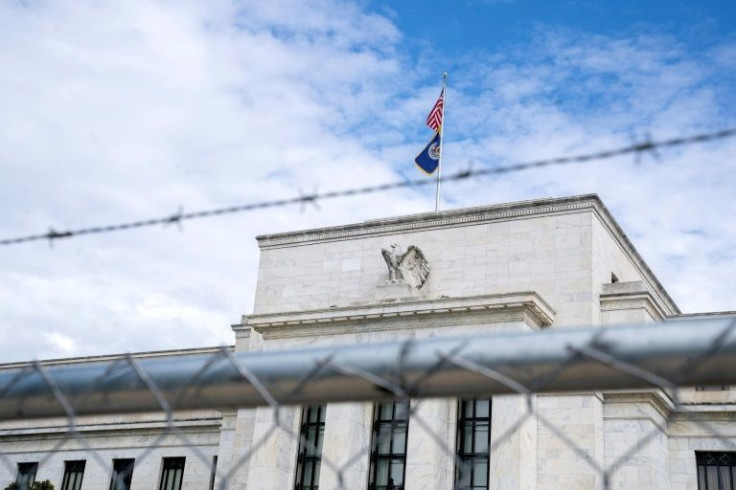Is A US Recession On The Way? Depends On Who You Talk To
The potential for a U.S. recession within the next 12 months has drawn both concern and confusion from businesses and world governments. A recession occurs when there is a drop in GDP for two successive quarters, with the last recession in the U.S. taking place in 2009.
Will the U.S. enter another recession? Opinions have varied greatly. Some believe that it will occur, but disagree on how severe it will be or when it will happen. Others do not believe one will occur at all.
There are several reasons experts have different responses to the possibility of a recession. For example, typically recessions do not occur when there is such a strong job market. The current rate of inflation combined with rising interest rates suggests it is likely.
On Monday, President Joe Biden addressed the question by acknowledging the possibility of a recession. He also admitted the country will face economic hardship over the next couple of years.
Still, Biden also said that it is not inevitable.
"We have problems that the rest of the world has, but less consequential than the rest of the world has because of our internal growth and strength," he told reporters Monday.
One of Biden's top economic advisors agreed recently chimed in with similar thoughts. Brian Deese, who directs the National Economic Council, said that there is a risk of a recession. He also echoed Biden's sentiment when looking at the rest of the world.
"We feel very good about where the United States is, particularly when you look on a global landscape," Deese said on CNN's "State of the Nation."
Some analysts paint a different picture, that a recession is inevitable, regardless of what the administration does.
"We believe that the odds are stacked heavily against the Fed in their bid to avoid a recession," Wolfe Research analysts wrote in a note, according to Barron's.
These analysts also acknowledged that most of Wall Street does not share their views. However, they added it appeared the "markets are increasingly coming around to our view.”
The price of gas is at an all-time high and inflation does not seem like it will temper soon.
Larry Harris, a former chief economist at the Securities and Exchange Commission, agrees with the analysts.
"It's very hard to stop inflation without a recession," he told CNBC.
Harris could not say when specifically the recession will begin, only suggesting it could be "soon." However, he also clarified that "there will be a day of reckoning."
The reason for the current rate of inflation has something to do with the government's current high spending. Still, that does not paint the whole picture. It would be hard for the government to predict the economic effects of both the pandemic and the Russian invasion of Ukraine, regardless of the politics involved.
Still, Harris said that "when balances get large, adjustments have to be large."
In a recent poll from the Conference Board, 60% of CEOs expected a recession within the next few years. However, 57% said that it should be “very short and mild.” The CEOs surveyed reported that the likely cause would be the rate of inflation and the Federal Reserve’s attempts to curb it by hiking interest rates.
Polls conducted by Reuters in April, and more recently the Wall Street Journal, estimate that a smaller share of economists predict that the U.S. will enter a recession this year. Only one in four economists expect one to occur within the year, according to the Reuters poll. Meanwhile, 28% reported the same sentiment to the Journal.

© Copyright IBTimes 2025. All rights reserved.






















